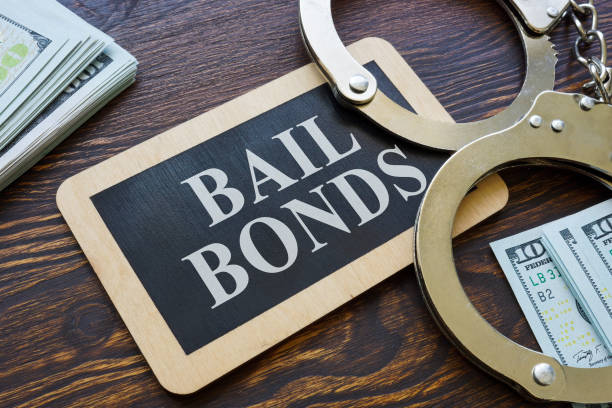When most people imagine bonds, it's 007 you think of and which actor they have got preferred over the years. Bonds aren’t just secret agents though, these are a type of investment too.

Exactly what are bonds?
Simply, a bond is loan. When you buy a bond you happen to be lending money on the government or company that issued it. So they could earn the credit, they're going to offer you regular interest payments, plus the original amount back following the term.
As with every loan, often there is the risk how the company or government won't purchase from you back your original investment, or that they'll don't maintain their interest payments.
Committing to bonds
While it is practical for you to definitely buy bonds yourself, it isn't the easiest action to take plus it tends demand a large amount of research into reports and accounts and be fairly dear.
Investors might discover that it is much more straightforward to purchase a fund that invests in bonds. It's two main advantages. Firstly, your cash is joined with investments from all people, which suggests it can be spread across a variety of bonds in a way that you couldn't achieve if you were investing on your individual. Secondly, professionals are researching the whole bond market for you.
However, due to the mix of underlying investments, bond funds do not always promise a hard and fast level of income, hence the yield you get may vary.
Learning the lingo
Regardless if you are deciding on a fund or buying bonds directly, you can find three key phrases which are useful to know: principal; coupon and maturity.
The primary may be the amount you lend the corporation or government issuing the text.
The coupon could be the regular interest payment you obtain for buying the bond. It's a set amount which is set once the bond is distributed and is particularly referred to as the 'income' or 'yield'.
The maturity is the date when the loan expires and the principal is repaid.
The different types of bond explained
There's two main issuers of bonds: governments and companies.
Bond issuers are usually graded in accordance with their ability to their debt, This is known as their credit score.
An organization or government having a high credit history is regarded as 'investment grade'. This means you are less inclined to lose money on their bonds, but you'll probably get less interest as well.
With the opposite end from the spectrum, a firm or government which has a low credit history is recognized as 'high yield'. As the issuer carries a greater risk of failing to repay their finance, a persons vision paid is usually higher too, to stimulate individuals to buy their bonds.
How can bonds work?
Bonds can be obsessed about and traded - being a company's shares. Which means their price can go up and down, depending on many factors.
Several main influences on bond price is: rates; inflation; issuer outlook, and supply and demand.
Interest levels
Normally, when rates of interest fall so bond yields, but the cost of a bond increases. Likewise, as rates of interest rise, yields improve but bond prices fall. This is known as 'interest rate risk'.
If you want to sell your bond and have a reimbursement before it reaches maturity, you might want to achieve this when yields are higher and prices are lower, and that means you would go back below you originally invested. Interest risk decreases as you grow more detailed the maturity date of a bond.
For example this, imagine there is a choice from the checking account that pays 0.5% and a bond which offers interest of merely one.25%. You could decide the link is much more attractive.
Inflation
For the reason that income paid by bonds is usually fixed during the time they may be issued, high or rising inflation can generate problems, mainly because it erodes the actual return you receive.
As one example, a bond paying interest of 5% sounds good in isolation, however, if inflation is running at 4.5%, the true return (or return after adjusting for inflation), is simply 0.5%. However, if inflation is falling, the call may be a lot more appealing.
You can find things like index-linked bonds, however, that you can use to mitigate the risk of inflation. The price of the credit of the bonds, along with the regular income payments you get, are adjusted consistent with inflation. Because of this if inflation rises, your coupon payments and also the amount you will get back climb too, and the opposite way round.
Issuer outlook
As a company's or government's fortunes may either worsen or improve, the price of a bond may rise or fall on account of their prospects. As an example, when they are under-going trouble, their credit rating may fall. The risk of a company being unable to pay a yield or just being struggling to pay back the main city referred to as 'credit risk' or 'default risk'.
If your government or company does default, bond investors are higher up the ranking than equity investors with regards to getting money returned for many years by administrators. This is the reason bonds are likely to be deemed less risky than equities.
Demand and supply
If a lots of companies or governments suddenly should borrow, there'll be many bonds for investors from which to choose, so cost is more likely to fall. Equally, if more investors want to buy than you can find bonds offered, costs are more likely to rise.
More info about bail bonds New Haven go to this useful website
